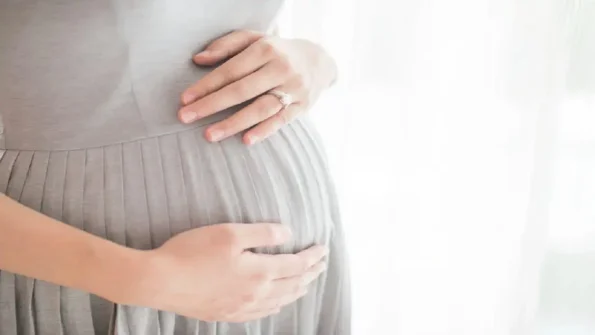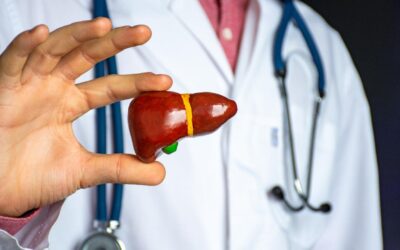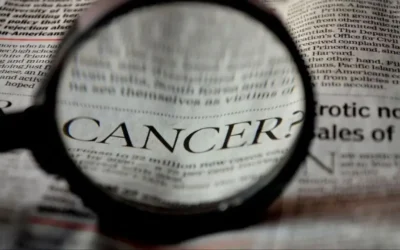Mumbai fertility experts observing declining ovarian reserve among women in 30s

In a concerning shift, Mumbai`s fertility health experts are seeing an increase in the number of young women in their late 20 and early 30s diagnosed with low ovarian reserve, a condition where the quantity and quality of a woman’s eggs diminish faster than expected. While this was earlier seen mostly in women over 35, doctors now warn that younger women should not ignore the signs and must take proactive steps towards fertility health.
Low ovarian reserve refers to a lower-than-expected number of eggs left in the ovaries. “Most women come to us after months of failed attempts to conceive or with irregular cycles. That’s when we check basic fertility markers like AMH (Anti-Mullerian Hormone), along with an antral follicle count via ultrasound. These simple tests give us a clear picture of their egg reserve. The causes for low ovarian reserve can be genetic predisposition or early menopause in the family, autoimmune diseases, chronic stress, previous ovarian surgeries or cancer treatments, unhealthy lifestyle habits like smoking and poor nutrition, and environmental stress and toxins,” says Dr. Rita Modi, senior IVF Consultant, Motherhood Fertility & IVF in Kharghar, adding, “Today, many women choose to delay pregnancy due to career or personal goals. But what they don’t realise is that their ovarian reserve may already be declining in their late 20s or early 30s. Without timely checks, this can severely limit their chances of natural conception.”
Dr Sulbha Arora, clinical director, Nova IVF Fertility in Mumbai, adds, “Low ovarian reserve is no longer just an age-related concern, as younger women are also struggling with it. All women, regardless of age, should get their fertility markers checked if they plan to delay childbearing. Early awareness, timely diagnosis, and proper management can make a huge difference in preserving future fertility. Assisted Reproductive Techniques (ART), such as egg freezing and in vitro fertilisation (IVF), may offer hope to many women facing this issue. “For women with low ovarian reserve, personalised treatment plans and early intervention are crucial. Egg freezing can be beneficial for those wishing to delay pregnancy while preserving their fertility potential.”
Dr Arora adds, “Research suggests that Indian women`s ovaries age 6 years faster compared to Caucasian women. Low ovarian reserve has been seen in women as young as their early 30s and even late 20s, making it a growing concern. However, there is nothing to be alarmed about this. At our clinic, nearly 6 out of every 10 patients may present with low ovarian reserve (lower egg quality and quantity), often without any prior warning signs. This is where it`s essential to look at fertility health from a preventive perspective. Considering the increasing observance of low ovarian reserve in younger women, it is crucial for them to test their fertility at an earlier age irrespective of them planning their pregnancy later. With the right guidance and timely intervention from a fertility specialist, the treatment method can be advised. Knowledge is power, and knowing where you stand on your fertility timeline helps you make empowered choices about your future.”
Dr Modi concludes, “While often silent, signs may include irregular or shortened menstrual cycles, difficulty conceiving despite trying for months, unexplained infertility, and premature ovarian insufficiency if left unmanaged. If not addressed in time, low ovarian reserve can lead to emotional stress, early menopause, and the need for advanced fertility treatments.”
Search
Recent
- Army officer booked for assaulting SpiceJet staff: FIR after four hospitalised; airline seeks ban
- Charter plane with Raj CM lands on wrong runway: Took off again to reach IAF airstrip; probe ordered
- 10-year-old missing girl reunited with family
- Watch: Krasheninnikov volcano erupts after 600 years; Russian earthquake could have triggered it
- Candidate Trump Promised Oil Executives a Windfall. Now, They’re Getting It.





